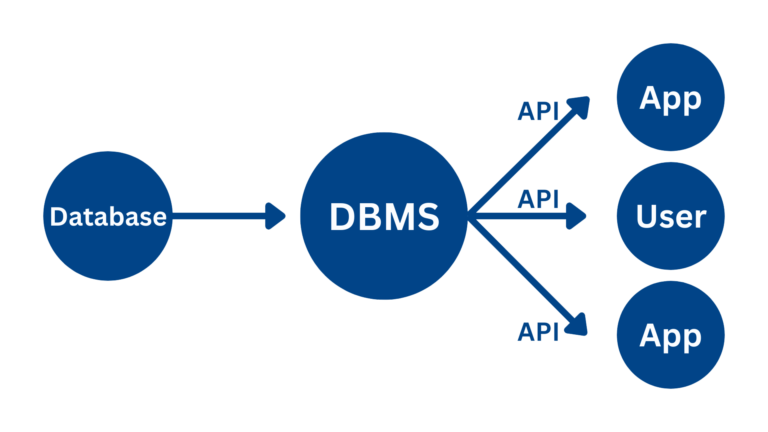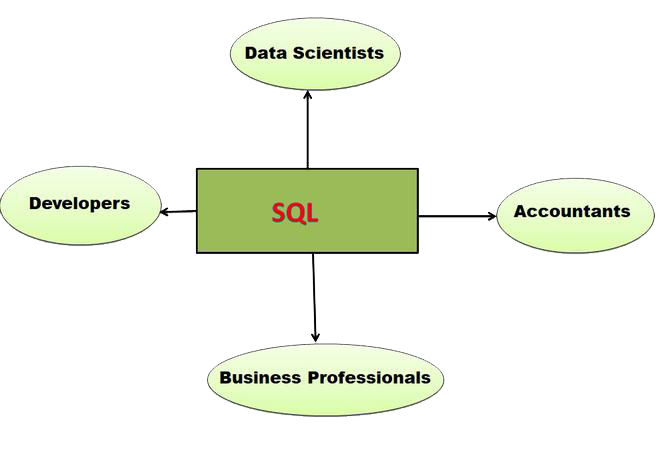
Power of Database Management and SQL
Power of Database Management and SQL Good data management is crucial for businesses of all sizes and across all industries in the data-driven world of today. Databases are the cornerstone of how businesses manage, store, and access data. Structured Query Language (SQL), a potent technology that makes it simple for developers and data experts to interface with databases, lies at the core of this data management. We’ll delve into the worlds of database management and SQL in this blog, examining their importance, underlying ideas, and practical applications.
The following are some justifications for why database management is crucial to modern business operations:
Data Centralization
Databases provide a consolidated location for handling and storing data. This centralization results in more accurate and reliable information by assuring data consistency and reducing redundancy.
Data Security
In a time of rising cyberthreats and data breaches, databases offer robust security features like access controls, encryption, and audits to safeguard critical data.
Data Retrieval
Data retrieval is necessary for decision-making. In order to help users make educated decisions, databases include query features that enable users to easily acquire specific data.
Scalability
Because organizations are constantly growing, so do their data needs. Database management systems (DBMS) are used to manage large datasets and high transaction volumes.
Data Integrity
Databases make ensuring that data is trustworthy and consistent throughout time by applying data integrity laws. Errors and inconsistent corporate practices are prevented by doing this.


By using data integrity laws, databases make sure that the data is reliable and consistent throughout time. By doing this, mistakes and inconsistent corporate practices are avoided.
Data Querying
SQL gives users the ability to retrieve specific data from a database using SELECT queries. Users can sort, filter, and group data to provide illuminating results.
Data Manipulation
Users of SQL can add to, modify, and remove data from databases using the INSERT, UPDATE, and DELETE commands.
Data Definition
The CREATE TABLE, ALTER TABLE, and DROP TABLE SQL commands can also be used to define and modify the structure of a database.
Data Control
CREATE USER, GRANT, and REVOKE statements in SQL are available as methods for managing user access to databases.
SQL is applicable in a wide range of situations and fields:
Business Intelligence
In order to help employees make educated decisions, businesses utilize SQL to extract data from databases and build dashboards, reports, and visualizations.
E-commerce
Online retailers employ SQL to store customer information, inventory data, and product catalogs, enabling seamless shopping experiences.
Healthcare
SQL is used by healthcare institutions to keep patient data, make appointments, and track medication supplies.
Finance
Financial firms use SQL to handle the management of customer accounts, transaction processing, and the identification of fraudulent activities.
Gaming
The gaming business employs SQL for player data administration, making leaderboards, and generating in-game statistics.
Social Media
Platforms for social media use SQL to store user profiles, posts, and engagement statistics.


The present data landscape depends on SQL and database management. Effective database management ensures data integrity, security, and accessibility while SQL enables meaningful human interaction with data. Knowing database management and SQL will dramatically improve your capacity to work with data, regardless of whether you’re a developer, data analyst, or business professional, and it will also help your organization succeed. As technology develops and our culture becomes more data-driven, these talents will become more valued.
